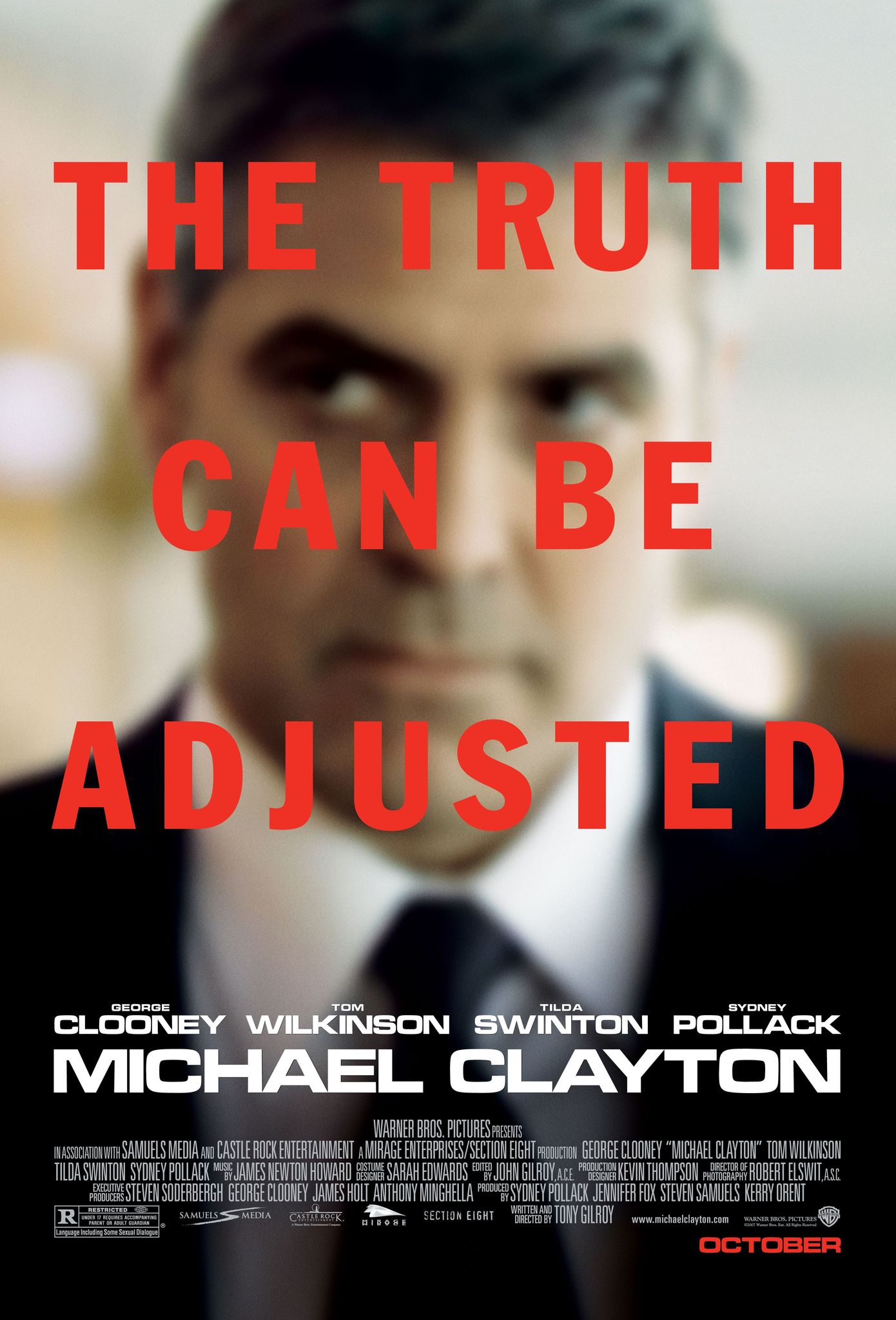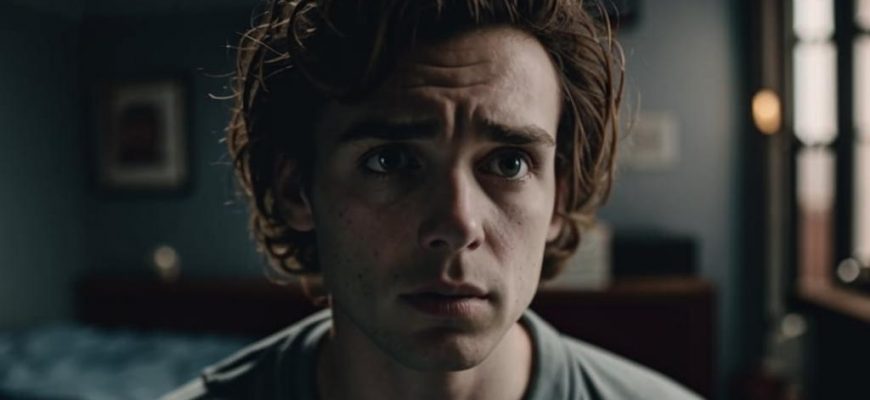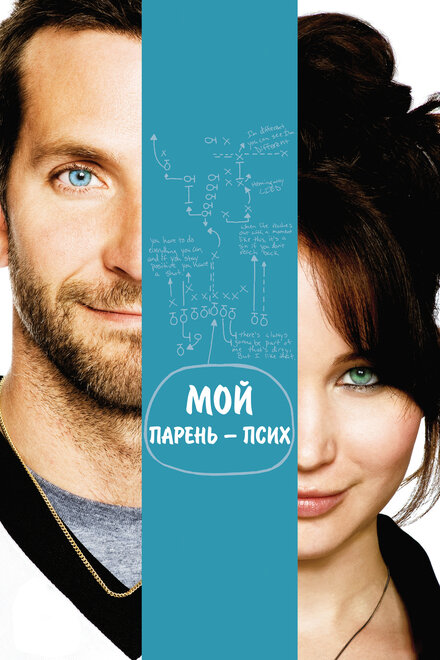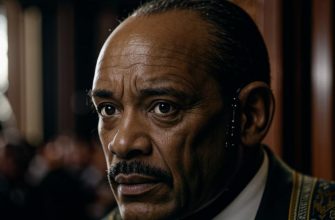Bipolar disorder is a mental condition marked by extreme mood swings that include emotional highs (mania or hypomania) and lows (depression). Films about bipolar disorder often delve into the challenges, stigmatization, and personal experiences associated with the condition, providing viewers with insight into the complex nature of mental health issues. These films can vary in genre, from drama and romance to comedy, depicting how bipolar disorder impacts the lives of individuals and those around them.
“Touched with Fire”, 2016
Director: Paul Dalio

This drama explores the intense romance between two poets, both of whom have bipolar disorder, showing how their shared mania can both inspire and derail their lives. The portrayal emphasizes the potent connection between creativity and mental illness.
Starring: Katie Holmes, Celeste Lecesne, Angela Pierce, Luke Kirby, Patrick Byas, Roca, Jennifer Falu, Christine Lahti, Griffin Dunne, Kim Rosen;
Production year: 2016;
Genre: drama, melodrama;
MPAA rating: r;
Duration: 106 min.;
Rating: IMDB: 6,2;
More information about the film “Touched with Fire” on the website imdb.com
“Silver Linings Playbook”, 2012
Director: David O. Russell
In this romantic comedy-drama, Bradley Cooper plays a man struggling to rebuild his life after being diagnosed with bipolar disorder and spending time in a psychiatric hospital. The film depicts his efforts to manage his condition and mend relationships, highlighting themes of personal growth and resilience.
Starring: Bradley Cooper, Jennifer Lawrence, Robert De Niro, Jacki Weaver, Chris Tucker, Anupam Kher, John Ortiz, Shea Whigham, Julia Stiles, Paul Herman;
Production year: 2012;
Genre: drama, melodrama, comedy;
MPAA rating: r;
Duration: 120 min.;
Rating: IMDB: 7,7;
“Infinitely Polar Bear”, 2014
Director: Maya Forbes

A father with bipolar disorder takes on the responsibility of caring for his two young daughters while their mother starts business school. Set in the late 1970s, the film combines elements of humor and drama to show the day-to-day realities and challenges posed by the disorder.
Starring: Mark Ruffalo, Zoe Saldana, Imogene Wolodarsky, Ashley Aufderheide, Nekhebet Kum Juch, Manoah Angelo, Muriel Gould, Tod Randolph, Beth Dixon, Keir Dullea;
Production year: 2014;
Genre: drama, melodrama, comedy;
MPAA rating: r;
Duration: 90 min.;
Rating: IMDB: 6,9;
More information about the film “Infinitely Polar Bear” on the website imdb.com
“The Hours”, 2002
Director: Stephen Daldry

This drama intertwines the lives of three women across different generations, one of whom, Virginia Woolf, portrayed by Nicole Kidman, struggles with bipolar disorder. The film sensitively portrays Woolf’s mental illness alongside her creative genius, linking her experiences to the broader themes of gender and societal expectations.
Starring: Nicole Kidman, Julianne Moore, Meryl Streep, Ed Harris, Miranda Richardson, Claire Danes, Jeff Daniels, Stephen Dillane, John C. Reilly, Toni Collette;
Production year: 2002;
Genre: drama, biography;
MPAA rating: pg13;
Duration: 110 min.;
Rating: IMDB: 7,5;
More information about the film “The Hours” on the website imdb.com
“Michael Clayton”, 2007
Director: Tony Gilroy

Although not the central theme, this legal thriller features a key character, Arthur Edens, who exhibits behavior associated with bipolar disorder. His mental health struggles are crucial to the plot as they impact his decisions and actions in a high-stakes legal battle, revealing the pressures of maintaining a career with such a condition.
Starring: George Clooney, Tilda Swinton, Tom Wilkinson, Sydney Pollack, Michael O'Keefe, Robert Prescott, Terry Serpico, Merritt Wever, Denis O'Hare, Julie White;
Production year: 2007;
Genre: thriller, drama, crime;
MPAA rating: r;
Duration: 119 min.;
Rating: IMDB: 7,2;
More information about the film “Michael Clayton” on the website imdb.com
These films not only entertain but also play a crucial role in educating audiences and generating more open conversations about bipolar disorder and mental health in general.
In examining the portrayal of bipolar disorder in cinema, it becomes evident that filmmakers have a profound responsibility in shaping public perception of mental health. Films such as “Silver Linings Playbook,” “Infinitely Polar Bear,” and “Mr. Jones” have made significant strides in depicting the complexities of bipolar disorder with authenticity and empathy. These films not only humanize the experiences of those living with the condition but also highlight the importance of understanding, compassion, and support from loved ones and society. Through compelling narratives and nuanced performances, these works contribute to a broader dialogue about mental illness, challenging stigmas and encouraging a more informed and sensitive view of bipolar disorder. Ultimately, these films underscore the power of storytelling in fostering empathy and promoting mental health awareness.










